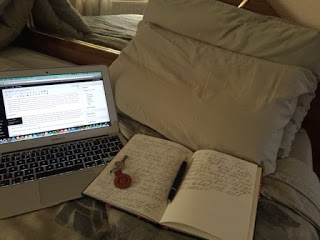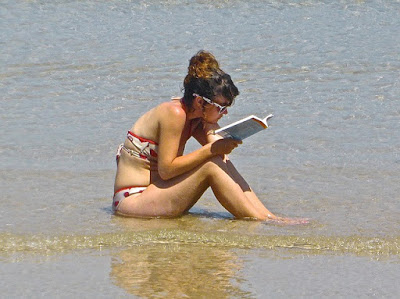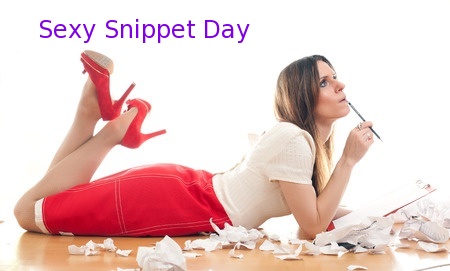by Ashley Lister
‘Twas the night before
Christmas
And all through the
house
My partner was laughing
‘Cause I’m hung like a
mouse
She was wearing black
stockings
And wielding a birch
And I quietly suspected
We weren’t going to
church
As the holiday season approaches, I thought
it might be fun to try something festive. As there’s no traditional poetic form
associated with Christmas, I figured it would be appropriate to pick a
Christmas poem and use that form.
Obviously, the first poem that came to mind
was ‘The Night Before Christmas’ (‘A Visit from St Nicholas’ by Clement Clarke
Moore). However, because I have always perceived this form as four line verses,
with an x-a-x-a rhyme scheme and variant syllable count, I figured that wouldn’t
be a sufficient challenge for the regular readers of this blog[1].
A couple of other Christmassy ditties came
to mind but it was only when I was contemplating the lyrics, I realized they
were songs. Frosty the Snowman at
first, then Rudolph the Red Nosed
Reindeer. I was about to dismiss this form as being traditional song lyrics
when I realized that the form was identical to my interpretation of ‘The Night
Before Christmas’: four line verses, with an x-a-x-a rhyme scheme and variant
syllable count.
She thrashed and she
caned me
But don’t pity my plight
I knew it wasn’t just Santa
Who’d be coming tonight
I’d
never before thought
She might like CBT
But now my balls are now hanging
From her Christmas tree
So, the challenge this month is to write
something festive in this traditional form.
As always, I look forward to seeing your
contributions in the comments box below.
And, I hope you enjoy the festive season, however you celebrate the
holidays.
[1] The original poem is
written in rhyming couplets and I’ve been perceiving the caesura as the end of
the line.








